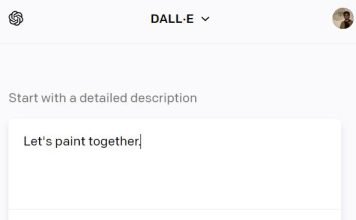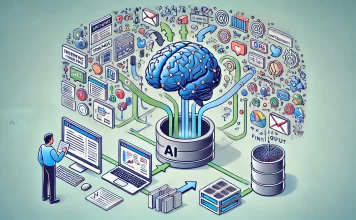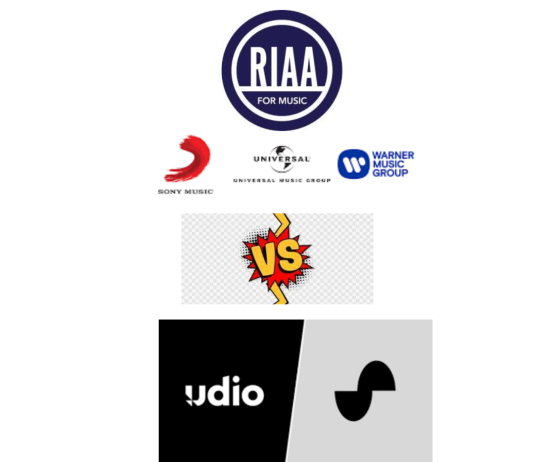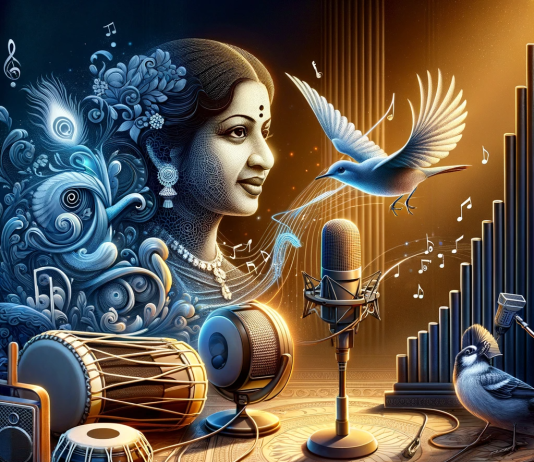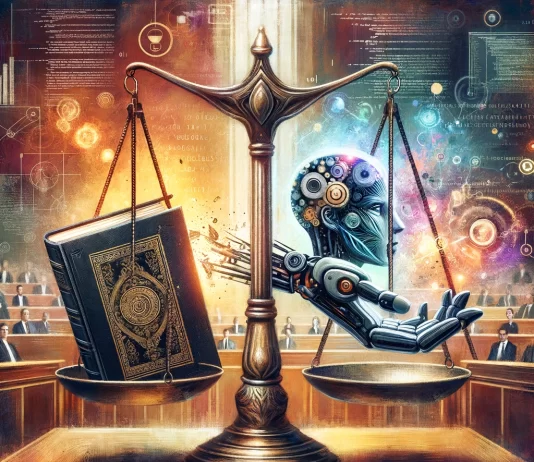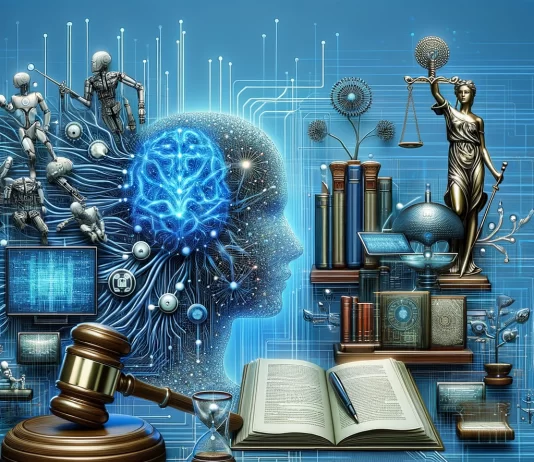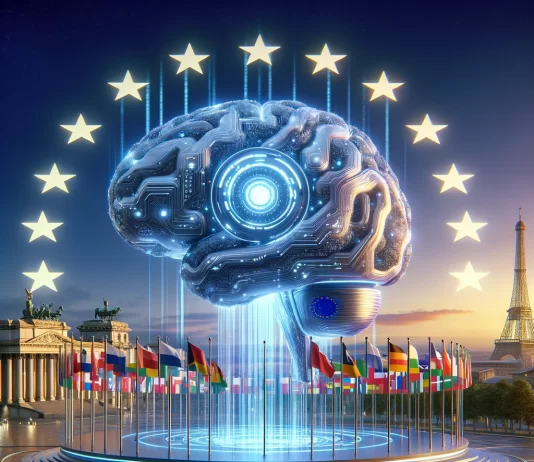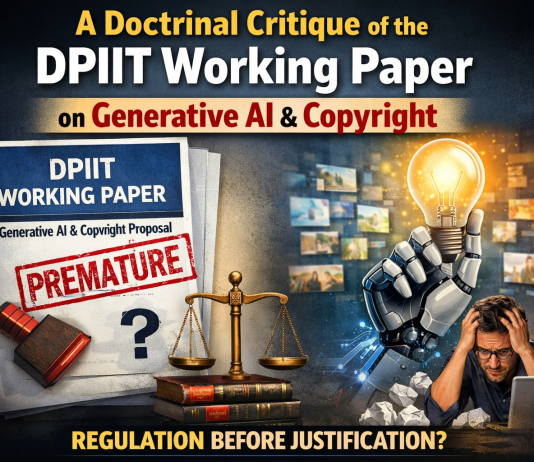Record Labels sue AI Platforms making Music: Universal, Sony, Warner v/s Suno, Udio.
Savan Dhameliya -0
The Recording Industry Association of America (“RIAA / Plaintiff”) filed two lawsuits against AI music generators, Suno and Udio (“the Platforms”), on behalf of record labels including Sony Music Entertainment, Universal Music Group's UMG Recordings, and Warner Records Inc, and various others. These lawsuits, filed on June 24, 2024,...
Indian Copyright Law and Generative AI: Part 4: Who is liable for infringing outputs?
Akshat Agrawal -
(This post is co-authored with Sneha Jain, Partner, Saikrishna & Associates)
In Part 3 of the Series, we explored the output side of things - showing how if the output generated by the Generative AI model is substantially similar or a trivial alteration, or an adaptation in a different format...
Imagine a future where the voice of a legendary singer, long deceased, is brought back to life to sing new songs. With the advent of AI voice cloning, this future is not just a possibility but a looming reality. This piece explores the implications of AI voice cloning in...
In Arijit Singh v. Codible Ventures LLP, the Bombay High Court restrained third parties, such as AI platforms, restaurants, merchandise sellers, virtual music events, etc., from violating the personality rights of the renowned Bollywood singer Arijit Singh.
These entities were restrained from using Arijit Singh’s name, voice / vocal style...
Background
The famous comedian and author Sarah Silverman (Silverman et al v. OpenAI, Inc. et al, 23-cv-3416), and the famous author Paul Tremblay (Tremblay et al v. OpenAI, Inc. et al, 23-cv-3223), also representing other authors, (“Authors”), had filed a lawsuit against tech giant OpenAI alleging that the company used...
US Court allows claims against text-to-image AI Companies : Sarah Anderson v. Stability AI
Savan Dhameliya -
INTRODUCTION
Sarah Anderson, Kelly McKernan, and Karla Ortiz, all artists, had sued Stability AI Ltd., DeviantArt, Inc., and Midjourney, Inc., claiming that their copyrighted works were unlawfully used to train AI platforms without permission.
On 30th October, 2023, the District Court of the United States ruled that the Plaintiffs' copyright claims...
The Ministry of Electronics and Information Technology (MeitY) recently on 15th March, 2024 issued a revised advisory concerning the deployment of artificial intelligence (AI) models by Intermediaries.
This revised advisory was made to supersede a previous advisory issued on March 1, 2024, which, inter alia, required prior and explicit permission...
Bonjour,
Got the recent news about ChatGPT? I am sure you have. Here, I broach some questions that I deem demand deliberation.
Well, the news is that ChatGpt has gotten into legal trouble in India, like many other places. Or, legally speaking, the issue of AI training and copyright—specifically, whether the...
Introduction
In December 2023, the European Union (“European Union”) took a significant step forward in addressing concerns about artificial intelligence (AI) and machine learning technologies. They reached a provisional agreement on the draft of the Artificial Intelligence Act on 2nd February, 2023 (“AI Act”). You can access the draft of...
The DPIIT Committee’s Working Paper on Generative AI (“AI”) and Copyright proposes a mandatory blanket license permitting AI developers to use all lawfully accessed copyrighted works for training, coupled with a statutory remuneration right. The proposal suffers from three fundamental defects: it constructs remedial architecture without establishing that any...




